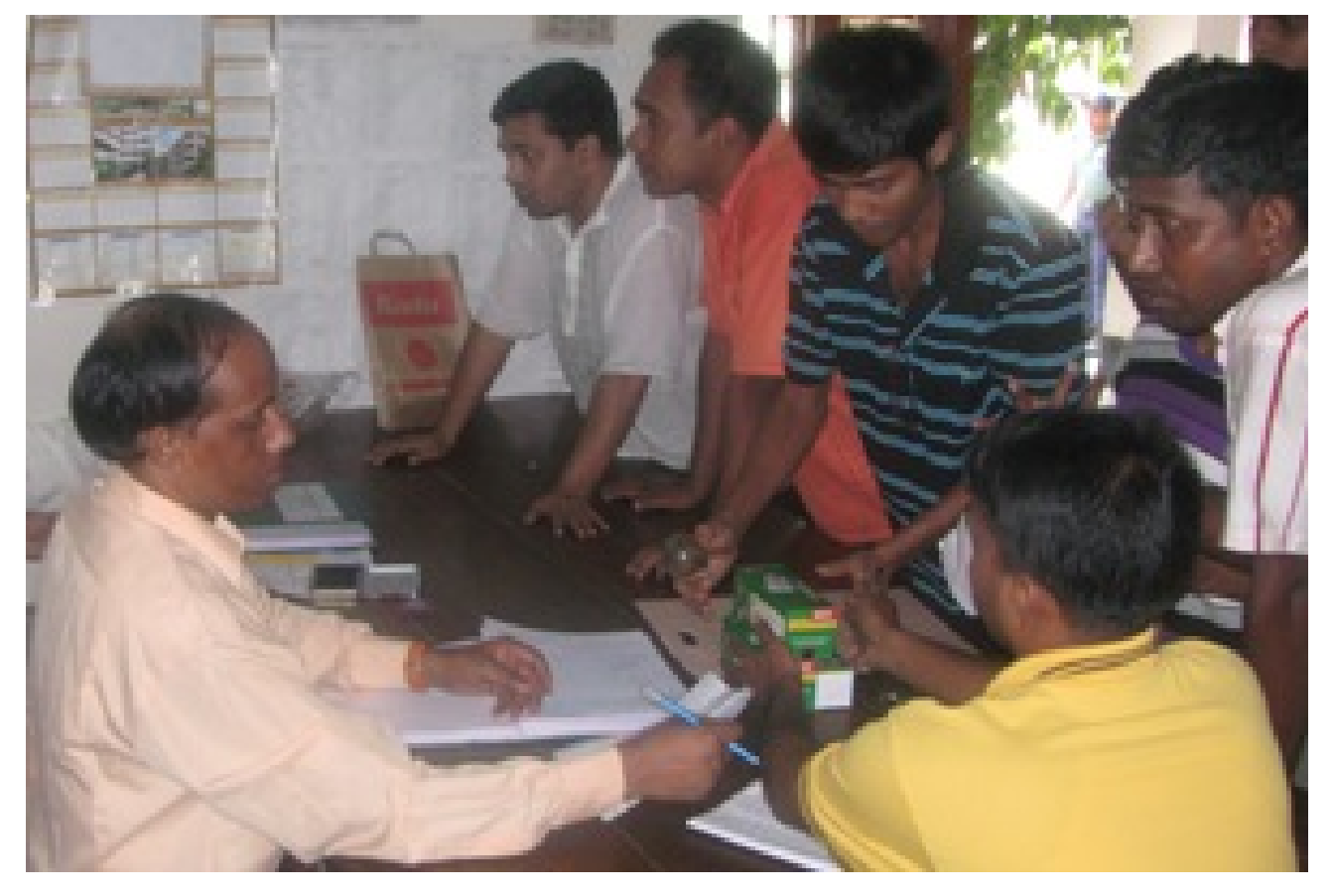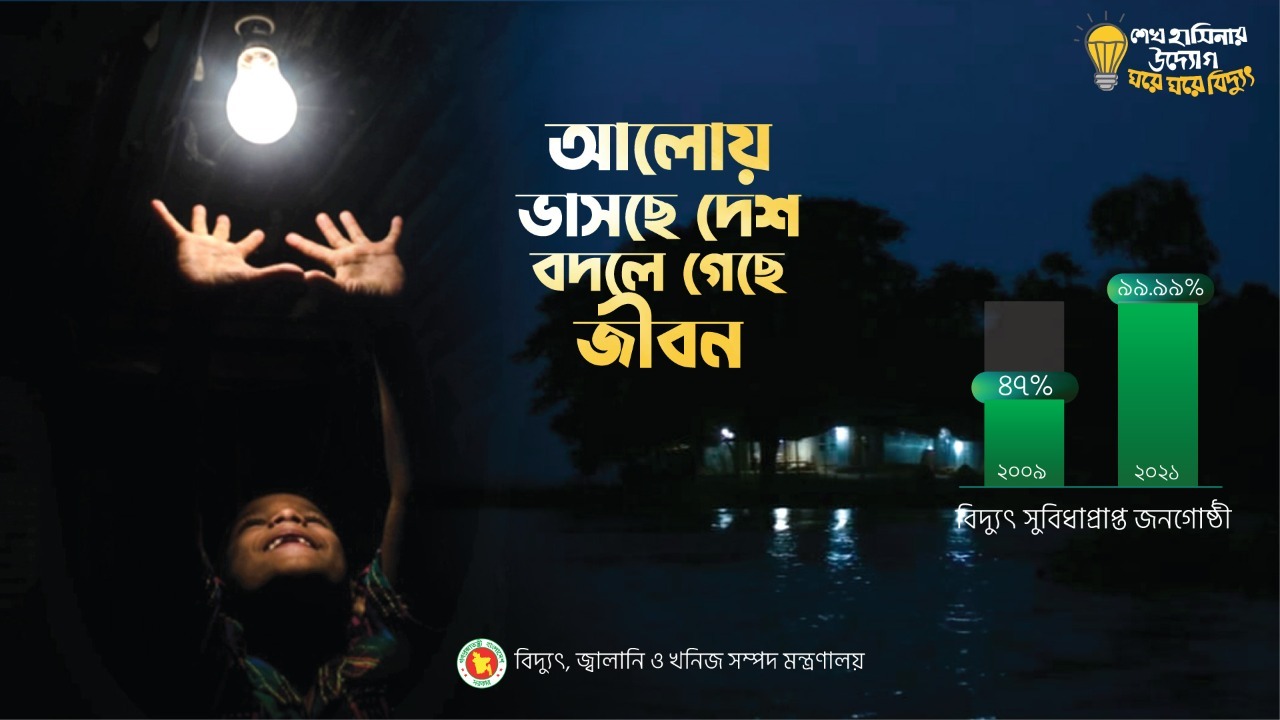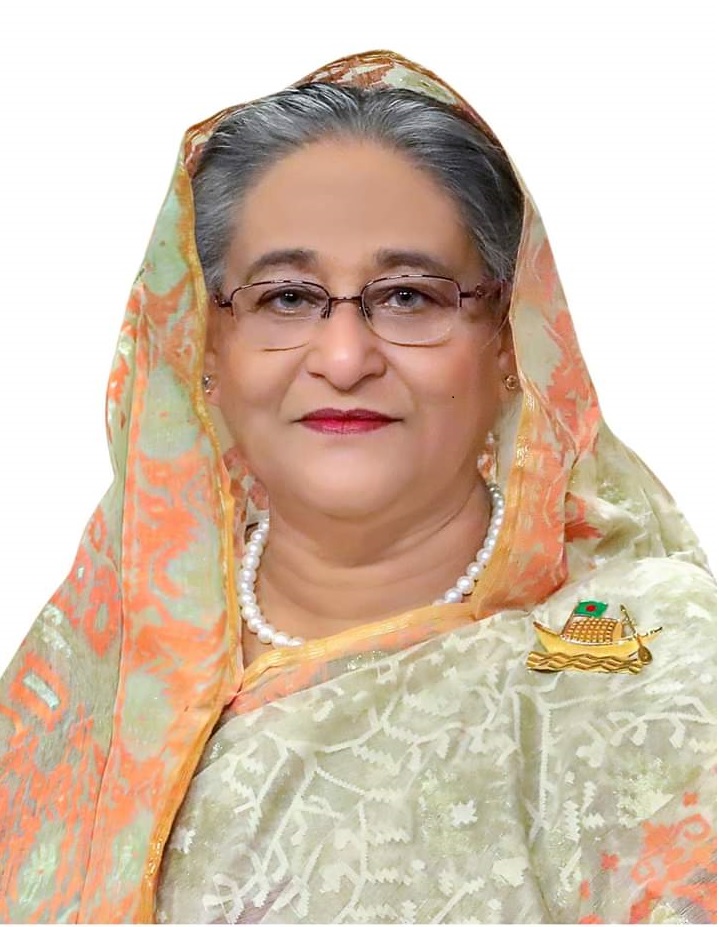ইফিসিয়েন্ট লাইটিং ইনিশিয়েটিভস অব বাংলাদেশ (ইএলআইবি)
The total supply of electricity cannot cover the present demand of electricity in Bangladesh. The government is trying its best to solve this supply gap by installing new power plants. Beside new generation addition, government took initiatives in demand side management. These initiatives are taken for reducing demand of electricity. One of the effective ways to reduce demand of electricity is the efficient use of electrical appliances.
Government of Bangladesh took a project named Efficient Lighting Initiatives of Bangladesh (ELIB) to replace approximately 30 million household incandescent lamps(IL), with an equal number of energy efficient CFLs, bearing the same or higher lumen output.
The main benefit of the program includes reduction of energy bills and improved quality of lighting and significant energy savings. This program is projected mainly to reduce load shedding. The efficient lighting project will benefit the customers providing them with high quality and low price CFLs, thereby reducing their electricity consumption and bills. 10.5 million CFLs have been distributed in Phase 1, providing two days for its distribution. This has turned out to be one of the biggest campaigns in the world for distributing nearly 5 million CFLs in a span of only one day. Various awareness generating programs were launched for this distribution. Rally, leaflets, posters, campaign programs in print and electronic media were used for motivating the general mass. People came to the centers to receive CFLs in exchange of incandescent bulbs. The mood throughout the country was festive and people were happy to switch to CFLs.

According to conservative estimates, this 1st phase program saves nearly 300MW of power and a huge amount of money. ELIB also earns carbon revenues from phase I. There is an agreement of over 6.5 million carbon credits for a period of three years for the first phase.

.jpg)

.jpg)
.jpg)
.jpg)
.jpg)











